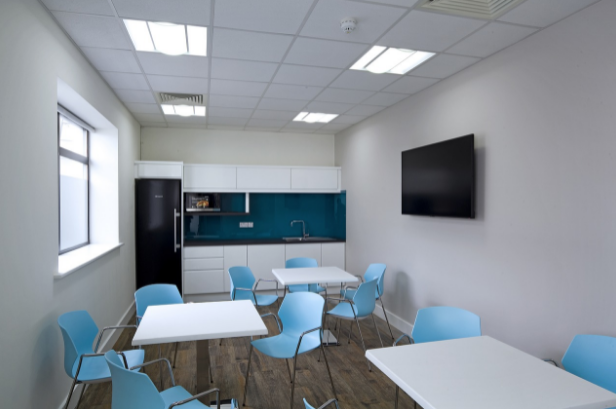Water conservation in commercial buildings is becoming more prevalent each year. Business managers and building owners are turning to professional plumbers and engineers to provide them with buildings and office space that is more water compliant.
Commercial buildings generally use a lot of water, which in turn costs money. By conserving it, building owners are not only saving dollars, but they’re also reducing their carbon footprint. The following tips will help businesses save water in commercial buildings:
Low-flow fixtures help enhance water conservation
By installing particular plumbing fixtures, you can conserve more water in your commercial building. This includes plumbing features that are classed as low-flow, and that use less water for things like flushing the toilet or opening a tap to wash your hands. Although they may seem like a costly investment at the forefront, by installing these low-flow fixtures you can conserve a huge amount of water.
As each commercial building uses water in different ways, low-flow fixtures might not always be the answer to this problem for every commercial building. If you run a hotel, for example, you could use a low-flow fixture approach for certain plumbing features, such as for taps, toilet tanks and showerheads, but for laundry services, you might require a different solution.
Regulate the pressure of the water
One of the best ways to avoid water wastage and conserve water use in commercial buildings is to regulate the water pressure. As well as helping to conserve water, water pressure regulation can be especially important for another reason – if the water pressure in commercial buildings is too high, you’ll notice that fixtures can sustain damage (as can the pipes).
Regulating the water pressure in commercial buildings means maintaining a particular pressure. Anything above 80psi means you risk pipe ruptures and water leaks, so keep one eye on the water pressure and the pressure-reducing valves — which should be assessed by plumbing professionals regularly.
Monitor commercial buildings for leaks
You should be keeping one eye on the water pressure in your commercial building. But you’ll also need to keep your other eye out for potential pipe leaks in commercial buildings to ensure you conserve as much water as possible. Leaks are unseen, silent problems that cause huge amounts of water wastage, which can lead to higher expenses. How can you monitor your pipes for potential leaks?
Serious plumbing leaks can be avoided with a water sensor or shut-off valve. You could also use a Building Automation System to track water usage, but since they won’t always detect hidden leaks, you might choose to look into smart leak solutions. Add to this a reliable plumber to inspect potential leaks and you can stay on top of potential leaks.
Why submetering is a top recommendation
Another way you might monitor water usage in view of conserving water is by submetering. It works by providing each unit within the commercial building with a water meter, without which the conservation of water is hampered in commercial buildings. Submetering also lets you track any abnormal amounts of water usage in commercial buildings, which may indicate a leak. The best submetering approaches also give you up-to-date data, which is simpler to review and analyse.
Enhance the efficiency of cooling towers
One final way to conserve water in commercial buildings is to enhance the efficiency of the cooling towers. Cooling towers naturally consume a lot of water through the evaporation process and due to blowdown – which is where water is flushed down drains and replaced by freshwater. Taking this into account, to increase water conservation we recommend that you increase the number of cycles of your cooling tower, which will make it more efficient.
The key takeaways
There are clear benefits of conserving water in commercial buildings. To do it, remember to:
- Regulate the water pressure.
- Install low-flow fixtures.
- Consider submetering approaches with water meters.
Don’t forget, if you need expert advice and support from professional plumbers to get your pipes inspected for leaks, get in touch with our team today. Start conserving more water with our support. If you need a hand with plumbing for your commercial building, then get in touch with Ashbury Plumbing today!

